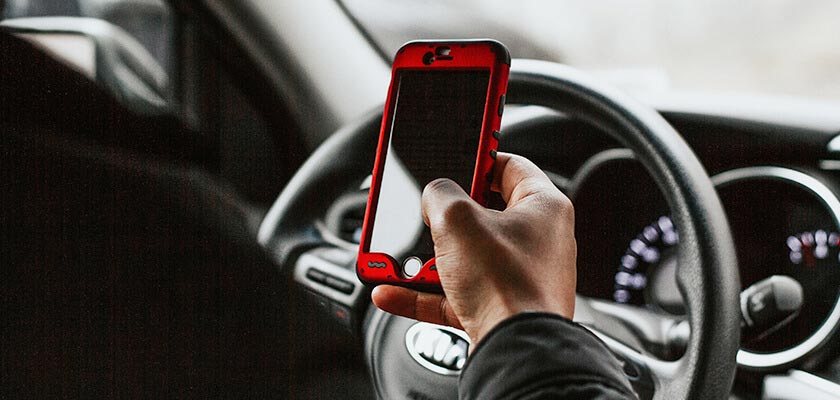After a car accident in Colorado, you may not know how to protect your rights. Information is key in the aftermath of a serious collision. Exchanging information with the other driver is not only an obligation under state law, but it can also help you obtain compensation from the at-fault party for your damages. Find out what information to exchange after a car accident to cover all your bases as a victim. If you’ve been injured in a car accident, be sure to get in touch with a trusted Denver car accident lawyer from Fang Accident Lawyers today.

According to Colorado’s Motor Vehicles and Traffic laws, the driver of a vehicle involved in an accident that causes injuries or death must stop at the scene and remain there until he or she fulfills a driver’s duties of care. These duties include exchanging certain information with others involved in the accident. Failing to stop at the scene and exchange this information could constitute the crime of hit-and-run. Drivers must also render aid to injured parties, as necessary.
The first item on the list of information to exchange as a driver involved in a wreck is each involved party’s name. Get the other driver’s first and last name, and give yours. Exchanging last names can help police officers locate both drivers and fill out police reports. You and the other driver must also exchange addresses. Getting the other driver’s address can verify that he or she has given you valid information. It can help prevent the other driver from escaping liability. It is also a good idea to get the other driver’s phone number.
You and the other driver must also exchange vehicle registration numbers and driver’s license information. You will find your registration number on your vehicle’s license plate. This number identifies each unique vehicle. Vehicle registration also proves whether the other driver owns the vehicle. If the driver is not the owner, get the name, address and phone number of the registered owner. Exchange license plate numbers and take photographs, if possible. You should also exchange driver’s license information.
Jot down information about the other driver’s vehicle. The more details you include in your description, the more helpful it could be during an insurance claim. An insurance company may need to know facts such as the other vehicle’s make, model, year and color. If the vehicle had any preexisting damage, make note of this. Take photographs of any damaged vehicles if you can. Also, write down the other vehicle’s VIN (vehicle identification number) to help identify the car later.
One of the most important pieces of information to exchange is each driver’s insurance policy number. Get the name of the other driver’s car insurance company. The other driver may also ask for your insurance information. Since Colorado is a fault-based insurance state, only the at-fault party’s insurance company will be liable for everyone’s damages; however, an equal exchange of information at the scene can prevent parties from having to determine fault on the spot. An insurance investigation could later name the correct defendant.
Although you should never admit fault to the other driver, you can stay and exchange information about what happened. Speak to the parties involved in the accident as well as any eyewitnesses. Gather facts about where, when and how the crash occurred. You and the other driver may need to convey this information to police officers if the accident caused serious injuries, deaths or expensive property damage. The more you know about your car accident, the easier it may be to obtain compensation for your damages.
Leaving the scene of the accident without exchanging this information could lead to a hit-and-run charge against you. If you hit a parked car and cannot find the owner, you must leave a note in a conspicuous location with your name, contact number and insurance information written clearly. The penalties for hit-and-run in Colorado include hefty fines and potential jail time.